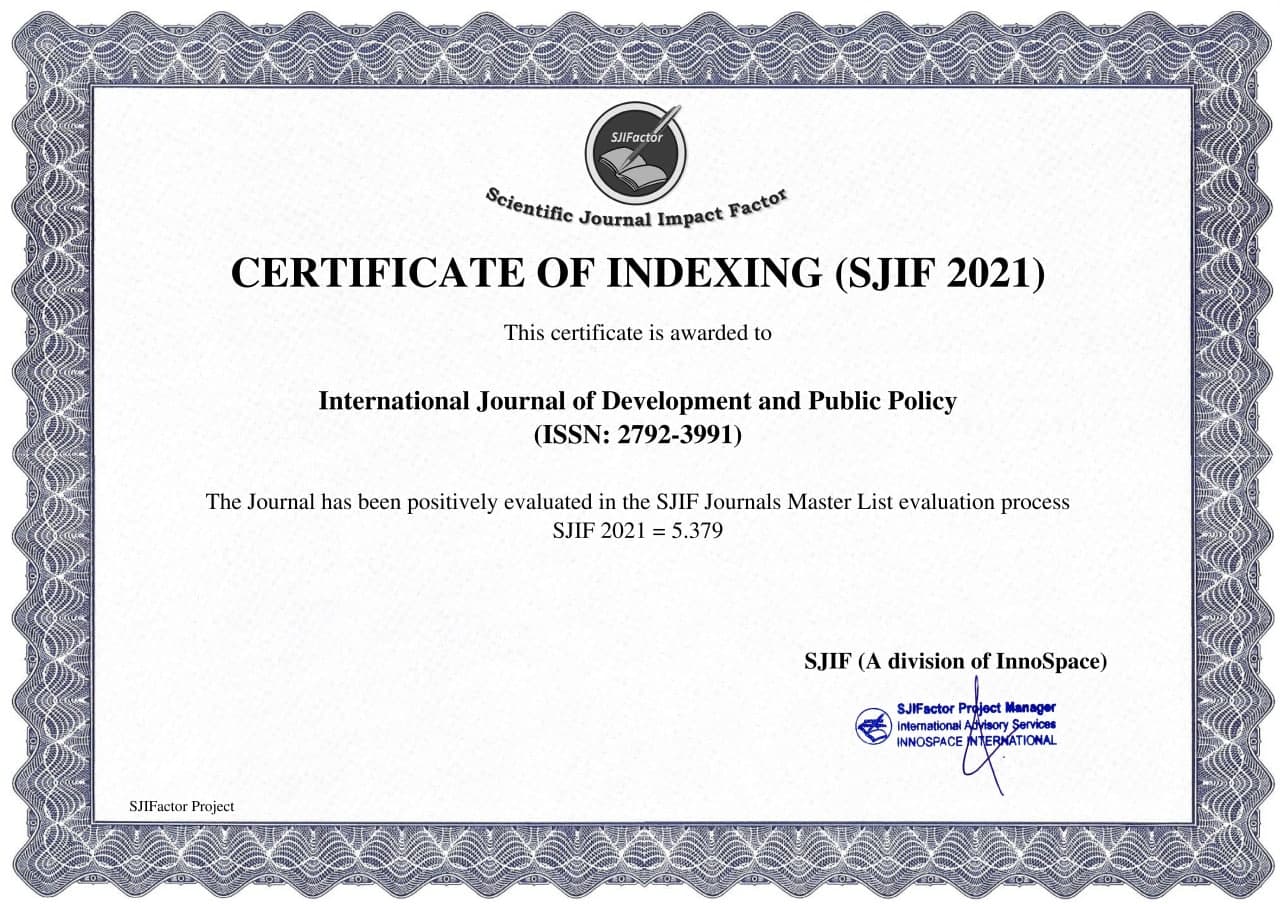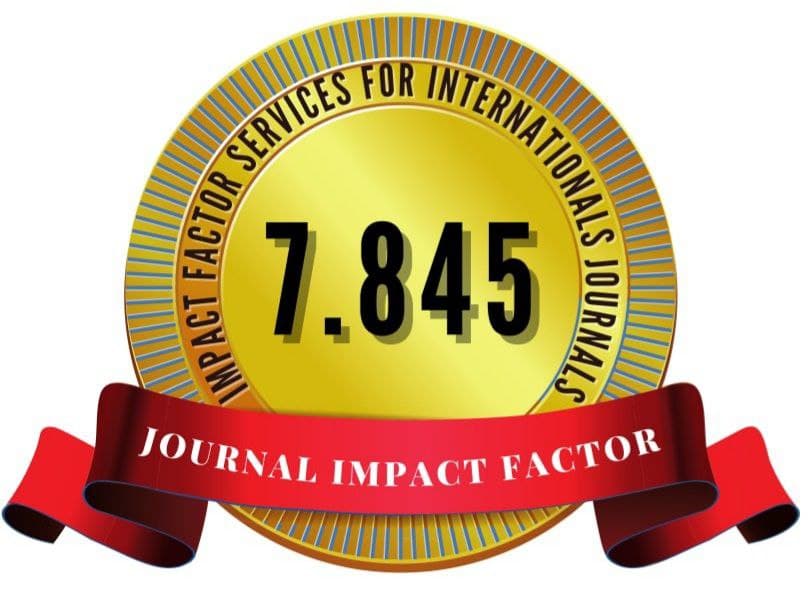The Legal Balance of Rent in the Rental Relationship - a Comparative Study Between the Civil Law and the Law of Real Estate Rent
Keywords:
Civil Law, comparative study, Real Estate Law, rental relationship, IraqAbstract
A lease contract is a netting contract because the lessor collects rent from the lessee in exchange for the lessee's use of the rented property. Giving freedom to contractors in determining the rent in rental laws would have a negative impact on the balance of this essential rental relationship, so the legislator intervened to establish specific rates of rent that may not be exceeded when estimating the rent to establish a balance on this relationship to preserve the legal and social system between the interests of landlords and the class of tenants based on Justice, Solidarity, and Cooperation. The lease contract is among people's most traded contracts because of its economic, social, legal, and practical importance. It creates mutual obligations between the two parties by imposing obligations on the lessor and lessee. It was too expensive for me. Families who can't find a place to live because of the growing housing crisis are at risk of being kicked out of their homes. To stop this from happening, the Lease of Real Estate Law gives the human and social aspects of the contract more weight than the economic situation of the weaker party (the tenant). The lessor has no right to request evacuation as long as the tenant occupies the leased property and continues to pay the rent unless one of the reasons specified in Article 17 of the law mentioned above is available. The same law also specified the appropriate amount for rental fees, stating that the annual rent for a house or apartment shouldn't exceed 5% of its total value and 7% for real estate and apartments rented out as residential rooms. This will guarantee that the rental costs are reasonable for both parties. Directly to the rise and fall of the Iraqi currency's value in various circumstances, notably since the law granted the briefer and tenant the right to request an estimate of the property's value every five years to adjust the rental allowance. We examined the legal balance of the fare in both real estate rental law and civil law to determine the extent to which the legal balance is achieved in the fare.






